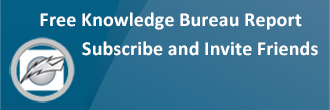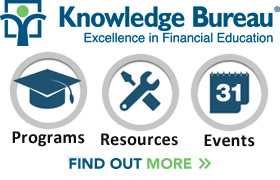
Immediate Expensing Rules: Good Tax Policy?
Over the course of the last two federal budgets (April 16, 2024 and November 4, 2025), the rules for claiming Capital Cost Allowance (CCA) have been uncertain. The proposal to extend immediate expensing rules for certain acquired assets were paused for over a year and then re-introduced in a series of four complex measures which together with new rules for Scientific Research and Experimental Development have become known as the “Productivity Super-Deduction”. A backdrop appears below. The key question: will this complexity be effective as an economic stimulator?Giving Back in 2019? Consider Donor-Advised Funds
 The desire to make a difference is gaining momentum with people of all ages, as individuals see their personal wealth not only as a means to live well, but also as a way to contribute have social impact or create a meaningful legacy. Advisors need to be able to help philanthropic-minded clients convert their wealth into some form of social capital. One option: Donor-Advised funds (DAFs).
The desire to make a difference is gaining momentum with people of all ages, as individuals see their personal wealth not only as a means to live well, but also as a way to contribute have social impact or create a meaningful legacy. Advisors need to be able to help philanthropic-minded clients convert their wealth into some form of social capital. One option: Donor-Advised funds (DAFs).






